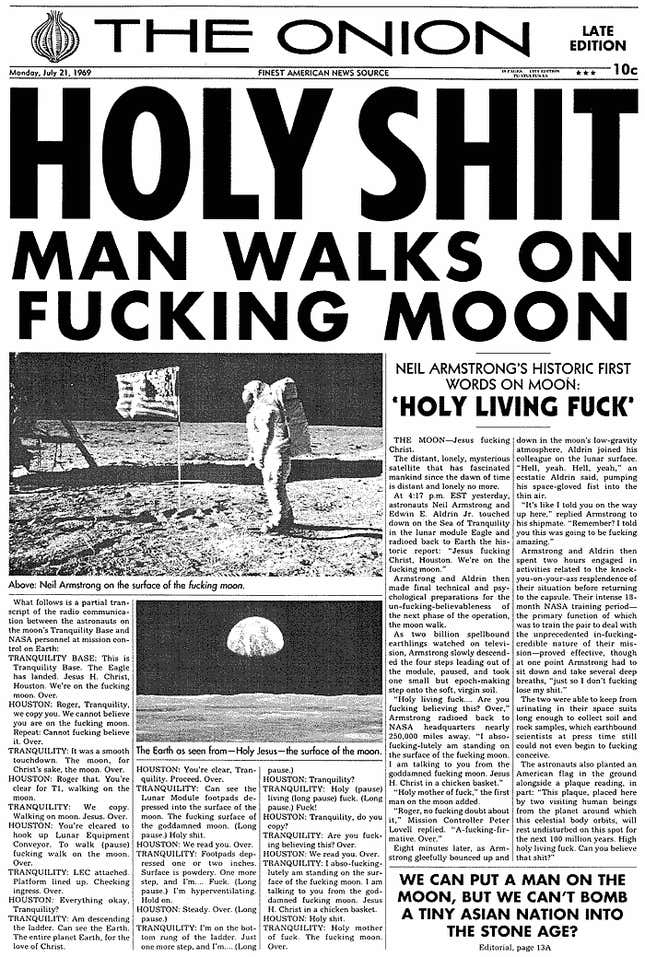The Apollo astronauts and engineers were the tip of the spear of one of the (if not “the”) greatest achievements of mankind. After ~3-billion years of biological evolution on our planet, they were the first lifeforms to set foot on an extraterrestrial body. That alone is worthy of admiration and awe.
But, as mentioned up-thread, the astronauts went well beyond simply being cargo on a ship built by bright engineers. They were the best of the best in terms of a multi-faceted bundle of virtues: courage dedication, intelligence, physical conditioning, and more. They risked and dedicated their lives to achieve a species-important goal—the first major step in exploring the greatest frontier, outer space. Not to belittle those that came before. Yuri Alekseyevich Gagarin (the first cosmonaut to journey into outer space) and the involved soviet engineers should also be celebrated as international treasures. But landing on the moon was even bigger.
As noted from the link to world headlines posted up-thread, the achievement of landing on the moon touched the entire world in a profound and positive way. What other human event comes close to that? The end of WWII was certainly a big, positive event, but not to the point of being awe-inspiring nor universally celebrated.
Landing safely on the moon was more than simply a propagandized accomplishment for America. It was a significant human milestone. “That’s one small step for (a) man, one giant leap for mankind.” Even though Armstrong flubbed the line, his words ring true. It really was a giant leap for mankind. It’s a touchstone that will forever be part of our legacy.
We should be embarrassed to admit to other species everything we humans have done to harm this planet’s biosphere. But, you can point to the moon and say to your dog or cat, “let’s see one of your kind do that, pal!”
…ok, Fido and Snowflake may point their paws to Laika (a dog) and Ham (a chimp) who preceded man into space, but they didn’t drive a buggy on the moon, did they!?!.
If the Apollo astronauts should not be celebrated as international treasures, then no one should.

